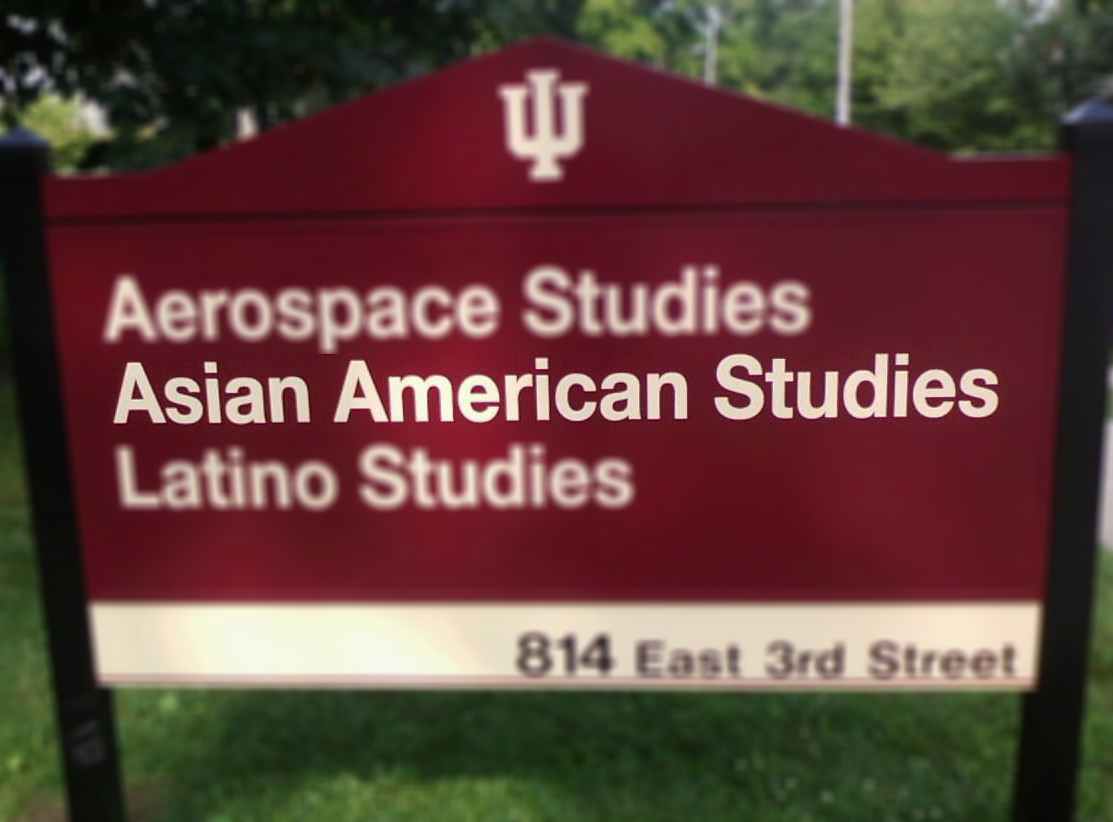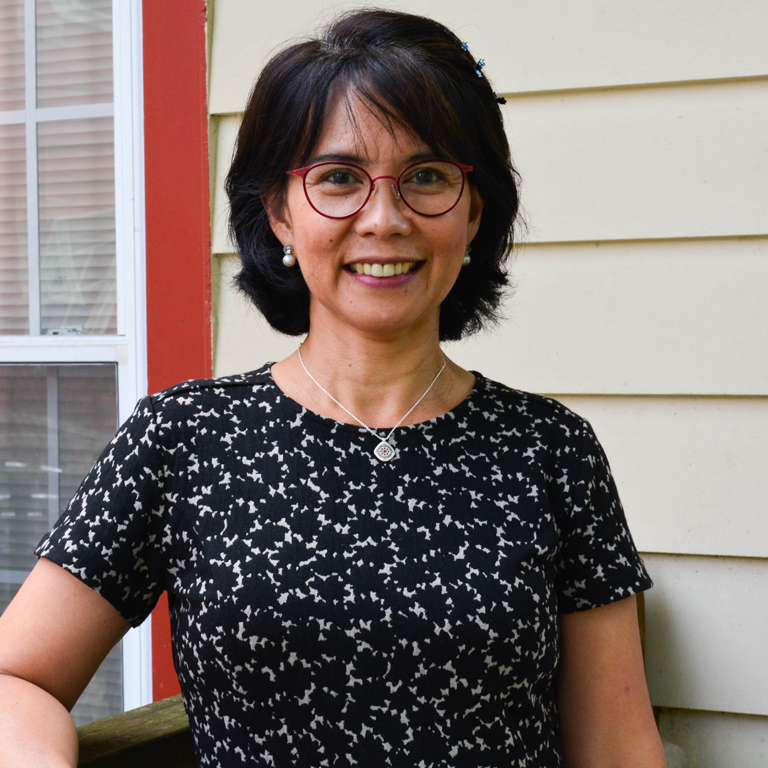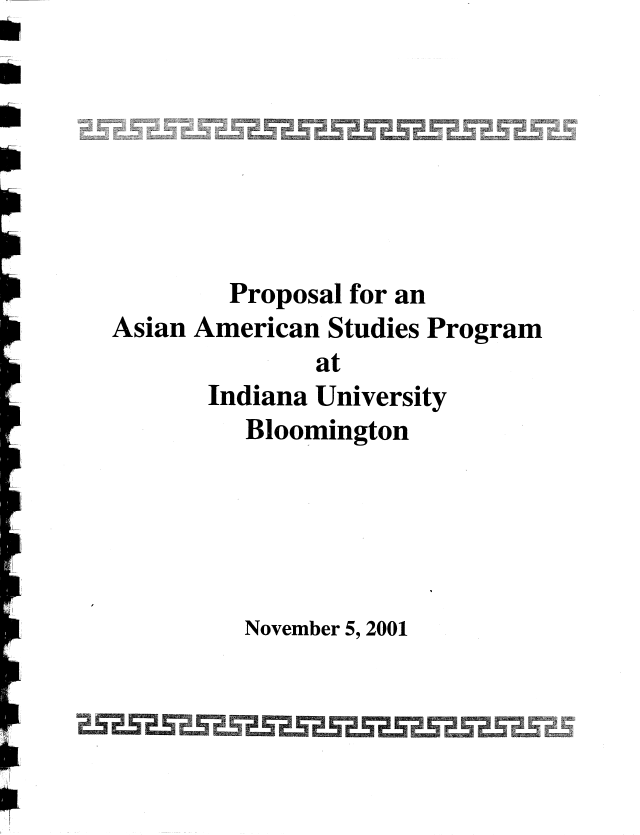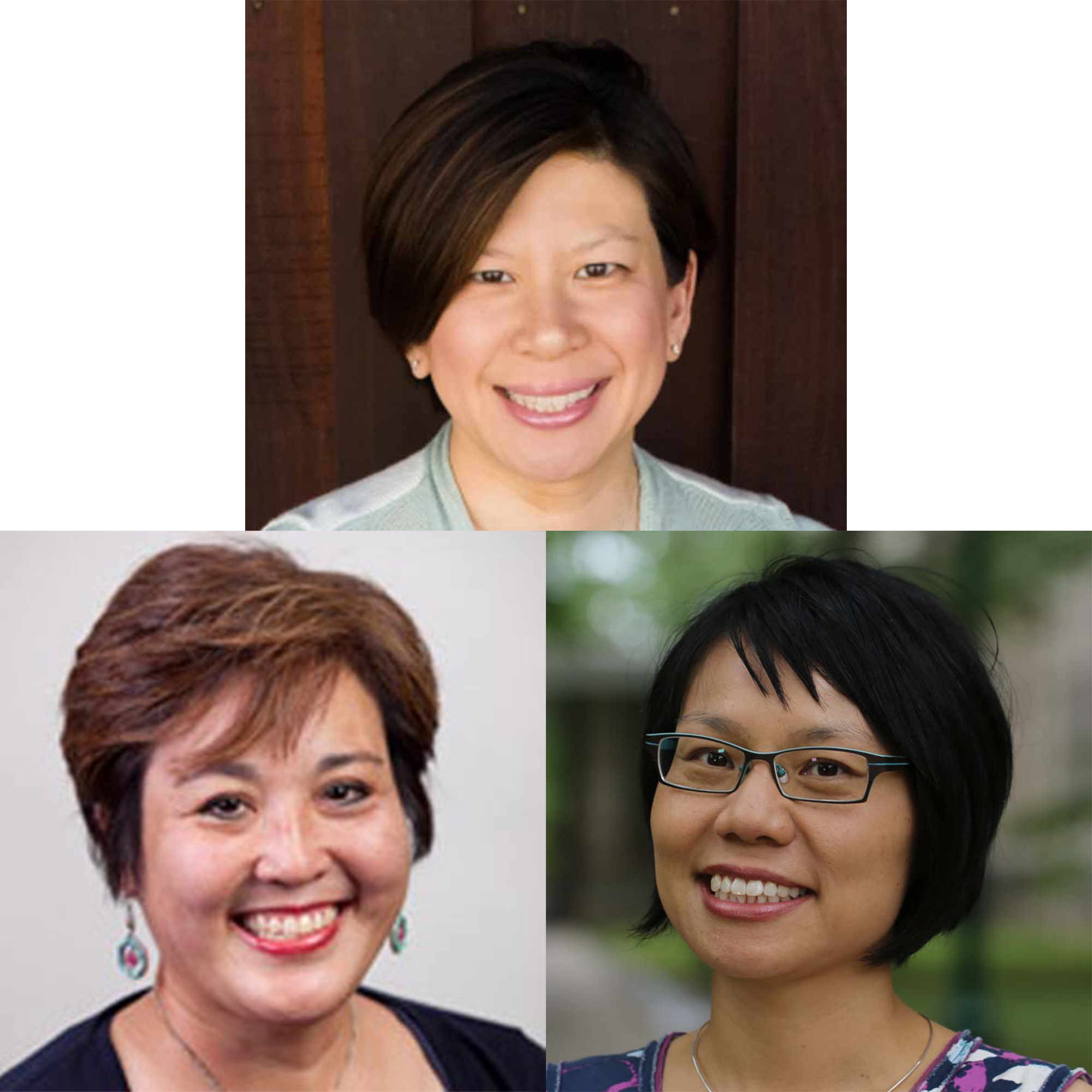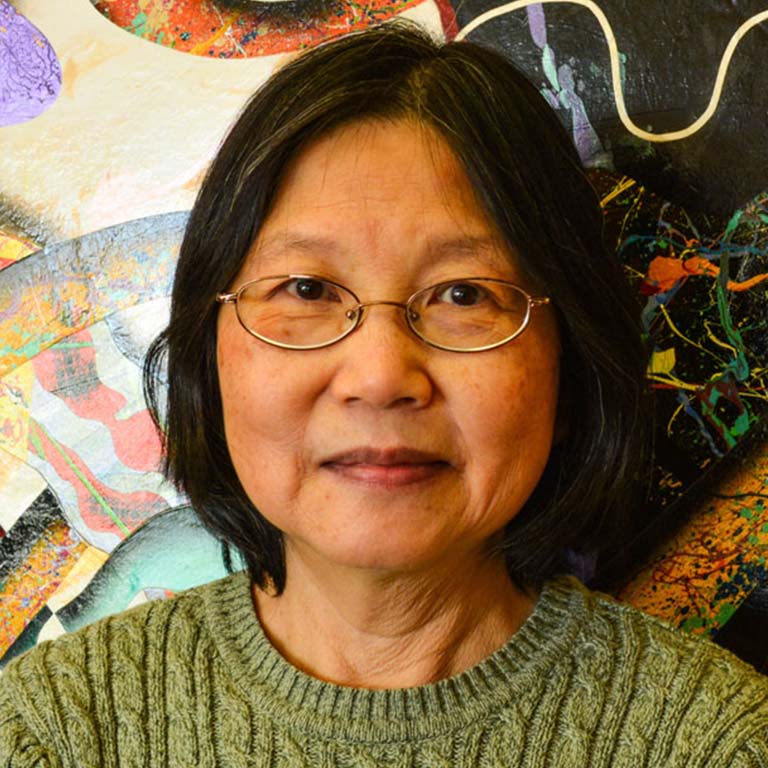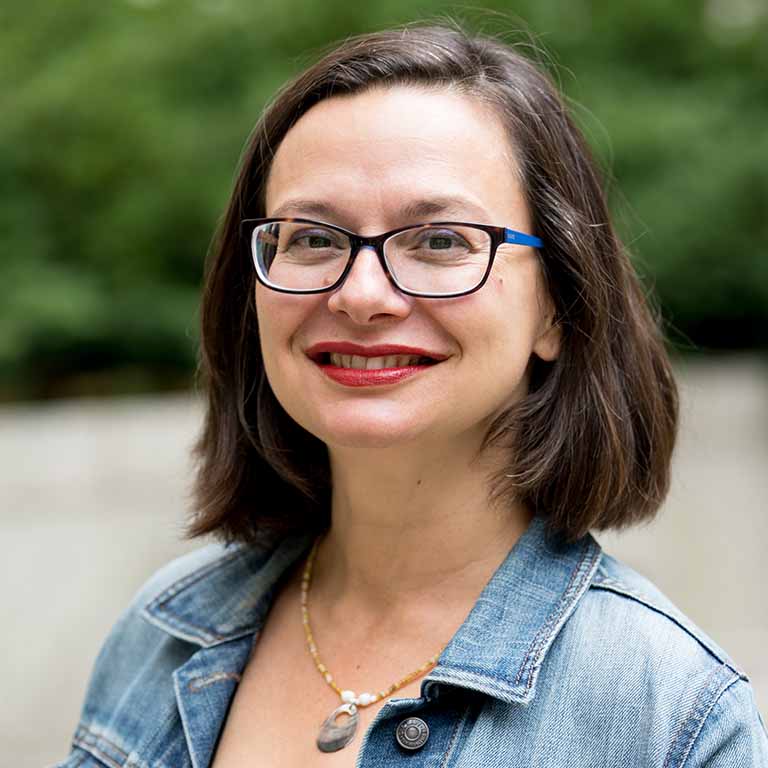Introduction
This chapter illuminates both the visible and invisible work of students, faculty, staff, and university administrators who built IU Bloomington's Asian American Studies program. Several years before AAST’s official launch in September 2008, university members create an Asian American Studies Committee to write a program proposal. In turn, the AAST Committee receive proposal writing, funding, and political support from Asian American student organizations, senior-level administrators, department chairs, directors of the Latino Cultural Center and Afro-American Studies program, and other Asian American Studies programs within the Midwest. IUB’s AAST acknowledges the significant contributions of its university, Bloomington, and Midwest allies.


